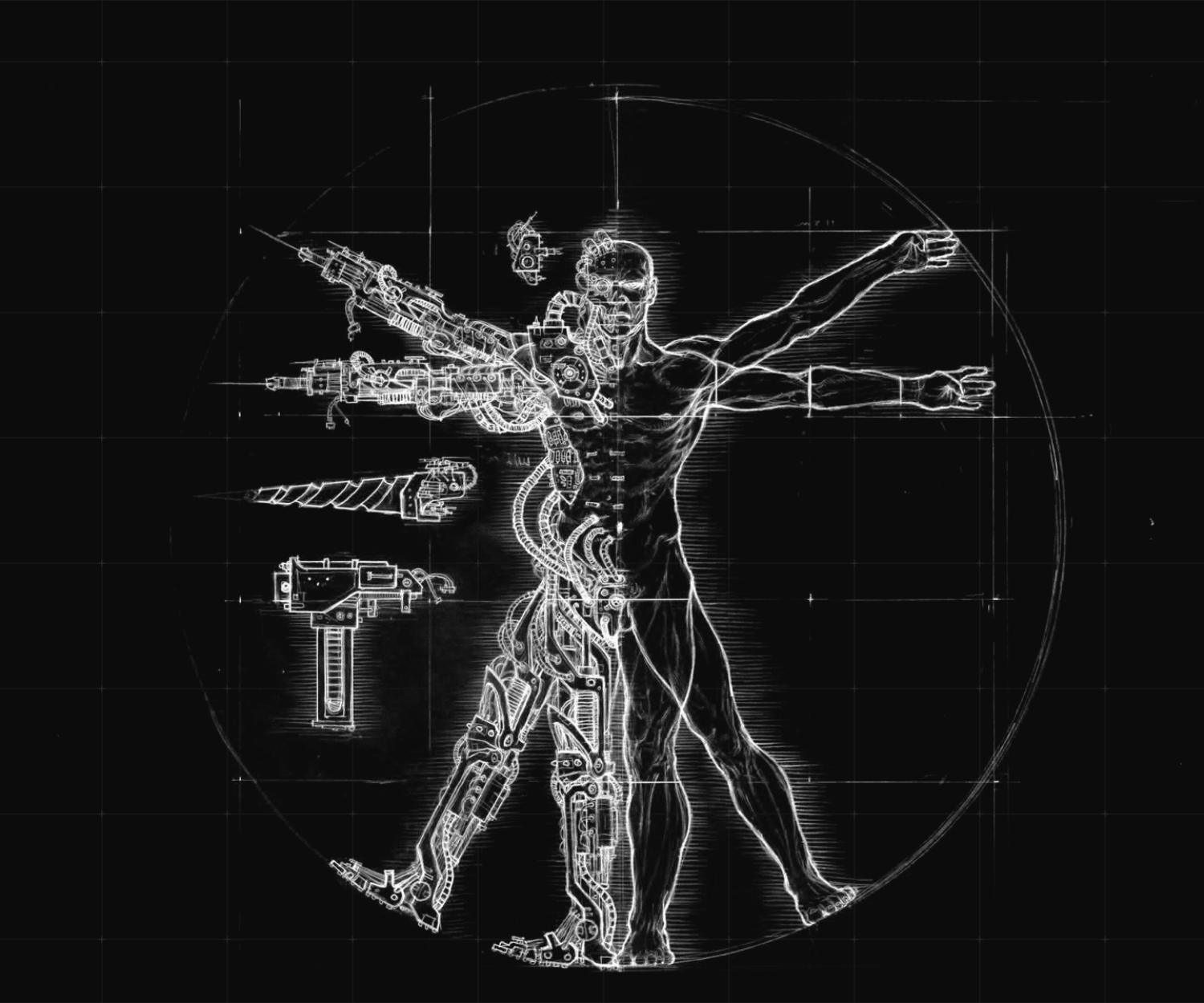Transhumanism… A Path to an Enhanced Human Experience? Executive Summary Transhumanism, an intriguing concept that has sparked extensive debate, envisions…
- Hello 👋, how can I help you today?

Have you ever wondered what happens when machines start making decisions that affect our lives? It might sound like something out of a science fiction movie, but the truth is, artificial intelligence (AI) is already shaping our world in powerful ways. From recommending your next favorite song to helping doctors diagnose diseases, AI is rapidly evolving, and with it comes a whole new set of ethical questions we need to answer.
What is AI Ethics?
Imagine a world where robots can drive cars, write stories, and even perform surgery! Exciting, right? But with this power comes responsibility. AI Ethics is about figuring out how to use AI in a way that is fair, safe, and respects everyone’s rights. It’s like having a set of rules for how AI should behave.
Key Concerns in AI Ethics:
AI Ethics and Transhumanism:
Transhumanism is a movement that believes technology can be used to enhance human capabilities, even extending our lifespan. AI is a key technology in transhumanism, with potential applications ranging from prosthetic limbs controlled by AI to brain-computer interfaces. AI Ethics becomes even more critical in this context, as we need to consider the ethical implications of using AI to modify human nature.
The Importance of Ethical AI:
Building ethical AI systems is not just about following rules; it’s about creating a future where AI benefits everyone. Here’s why ethical AI is so important:
The Future of AI Ethics:
AI is evolving rapidly, and so are the ethical questions it raises. We need ongoing discussions and collaboration between researchers, developers, policymakers, and the public to ensure that AI is used responsibly. This is a crucial journey, and everyone has a role to play in shaping the future of AI.
Open Loop: What are your thoughts on the ethical challenges of AI? Share your perspectives in the comments below.
Secondary Keywords: AI Safety, AI Bias, AI Governance, AI Regulation, AI Responsibility

